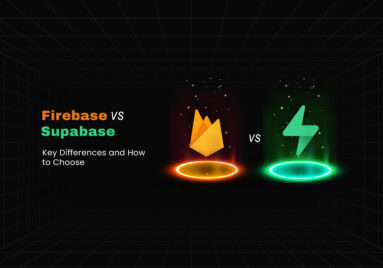Storage of data has never been more important. You’re a student, office worker, or a small business owner; you rely on durable storage drives to keep your documents safe and in reserve. Two of the most popular choices are cloud storage and external hard drives. But what is best suited for you? Let’s dig in.
What Is Cloud Storage?
Cloud storage is a way of saving your files online through such services as OneDrive, Google Drive, Dropbox, or iCloud. Your data is stored on distant servers run by the third-party company and retrieved from any computer connected to the internet. Cloud storage is ideal for those who need to share and access files while they are on the go.
What Is an External Hard Drive?
An external hard drive is a hardware device that you connect to your computer via USB or other connections. It allows you to manually store and back up information. External hard drives are used by some users to store big files like videos or to create safe offline copies of their precious data.
Pros and Cons of Cloud Storage
Pros: Cloud storage is very convenient and accessible. You can upload a file from your home computer and access it from your phone when you are travelling. Automatic share options and syncing are also provided in most services, making it easy to collaborate.
Cons : But cloud storage relies on others for an internet connection. And while most providers use strong encryption, you’re still relying on a third-party company to keep your files safe. Even subscription payments do accumulate over time, especially if you need a large storage capacity.
Pros and Cons of External Hard Drives
Pros: External hard drives do provide you with full access to your files. There are no memberships, and transferring files is normally fast, especially with newer SSD drives. They’re ideal for backing up entire systems or storing large media files without concern about reaching an upload limit.
Cons: The drawback? They can get physically damaged, lost, or stolen. And should they crash, recovering the data is expensive and complicated. And you can’t access your files unless the drive is literally plugged into a computer.
Which One Is Right for You?
If convenience and remote access are your things, then cloud storage is probably for you. It’s perfect for frequent travellers, remote workers, and anyone who frequently shares files with other people online.
But if you need a secure, offline backup or work with extremely large files that won’t need to be pulled from multiple sites, an external hard drive could be your best option.
Why Not Both?
The majority of professionals take a hybrid approach: cloud sharing and use, and external drives for secure backup. It gives you flexibility and extra insurance against loss.
Deciding whether to use cloud storage or an external hard drive needn’t be difficult. Consider how you work with your files, whether you tend to need to access them frequently, and how much protection you require. Each option has its advantages, and in most instances, using both provides the benefits of both.





